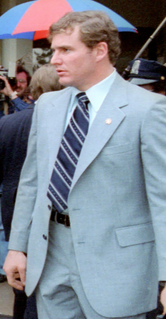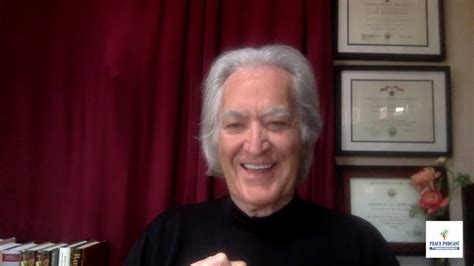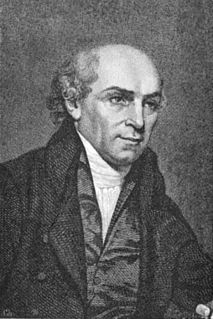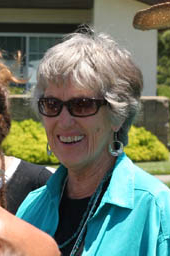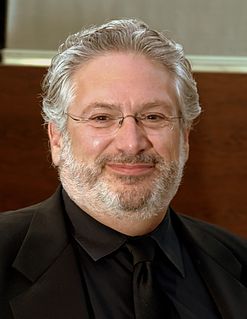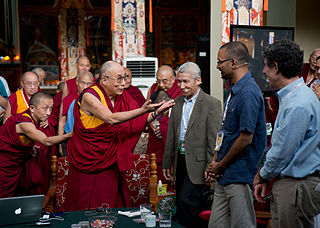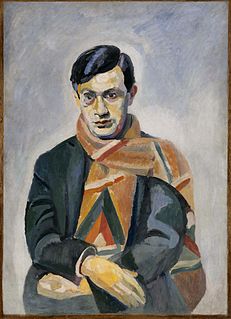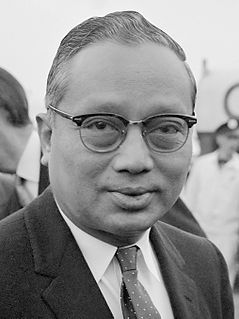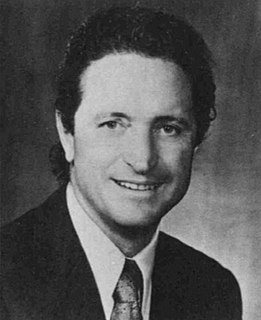Top 1200 Buddhist Philosophy Quotes & Sayings - Page 12
Explore popular Buddhist Philosophy quotes.
Last updated on December 19, 2024.
The aim of human life is to know thyself. Think for yourself. Question authority. Think with your friends. Create, create new realities. Philosophy is a team sport. Philosophy is the ultimate, the ultimate aphrodisiac pleasure. Learning how to operate your brain, learning how to operate your mind, learning how to redesign chaos
I don't think there is ever a direct connection between the philosophical community and the wider populus. I'm very aware of this because I've been working on a book on ideas in global philosophy and you always find some kind of relation between the dominant philosophies in a culture and the folk philosophy but it's not a straight-down dissemination. It's partly bottom-up. Thinkers are the products of the cultures they grew-up in. They aspire to thinking purely objectively and universally, but they are often reflecting ways of thought that are embedded in a culture.
Everybody have equal rights to a life of full flourishing. Philosophy slowly, slowly has given us arguments saying, look, you already committed to your own life flourishing, and you're being inconsistent if you don't expand it. So philosophy often works in trying to show us that there's an inner incoherence in our points of view. We're all committed to one thing when it comes to us and our own kind, but we're not willing to expand it and we're guilty of inconsistency.
Philosophy is antipoetic. Philosophize about mankind and you brush aside individual uniqueness, which a poet cannot do without self-damage. Unless, for a start, he has a strong personal rhythm to vary his metrics, he is nothing. Poets mistrust philosophy. They know that once the heads are counted, each owner of a head loses his personal identify and becomes a number in some government scheme: if not as a slave or serf, at least as a party to the device of majority voting, which smothers personal views.
Is it not evident, in these last hundred years (when the Study of Philosophy has been the business of all the Virtuosi in Christendome) that almost a new Nature has been revealed to us? that more errours of the School have been detected, more useful Experiments in Philosophy have been made, more Noble Secrets in Opticks, Medicine, Anatomy, Astronomy, discover'd, than in all those credulous and doting Ages from Aristotle to us? So true it is that nothing spreads more fast than Science, when rightly and generally cultivated.
Those who would be employed in propagating the Gospel should be familiar with the doctrines he is to combat and the doctrines he is to teach, and acquire a complete knowledge both of the Sacred Scriptures and of these philosophical and mythological dogmas which form the souls of the Buddhist and Hindu Systems.
I think moral philosophy is speculation on how we ought to live together done by people who have very little clue how people work. So I think most moral philosophy is disconnected from the species that we happen to be. In fact, they like it that way. Many moral philosophers insist that morality grows out of our rationality, that it applies to any rational being anywhere in the universe, and that it is not based on contingent or coincidental facts about our evolution.
I'm in awe of the universe, but I don't necessarily believe there's an intelligence or agent behind it. I do have a passion for the visual in religious rituals, though, even though they may be completely empty and bereft of substance. The incense is powerful and provocative, whether Buddhist or Catholic.
It was Sci-Fi and fantasy that got me reading, and Sci-Fi writers in particular have pack rat minds. They introduce all sorts of interesting themes and ideas into their books, and so for me it was a short leap to go from the fantasy and Sci-Fi genres to folklore, mythology, ancient history and philosophy. I did not read philosophy because I set out to become a philosopher; I read it because it looked interesting.
Every civil government is based upon some religion or philosophy of life. Education in a nation will propagate the religion of that nation. In America, the foundational religion was Christianity. And it was sown in the hearts of Americans through the home and private and public schools for centuries. Our liberty, growth, and prosperity was the result of a Biblical philosophy of life. Our continued freedom and success is dependent on our educating the youth of America in the principles of Christianity.
You do just have to go back to moral philosophy and you've got to say, okay, there is greed, people do want more and more, but then what restrains them and what restrained them in the past was a view of life in which one's satisfaction wasn't the most important thing, that you just, you needed enough and you could say, "Enough is enough." Maybe religion will get you there, maybe just classic moral philosophy, but you have to have some of that, or else you're always on the gravy train.
Our kids are not Jewish, and they're not Catholic. They're not Episcopalian. They're not Buddhist. They're not anything. We do all the holidays to keep the traditions and the culture going, but I truly don't have a great feeling about any particular organized religion, and I don't think it's right to impose one on my kids.
As a Buddhist, I was trained to be tolerant of everything except intolerance. I was brought up not only to develop the spirit of tolerance but also to cherish moral and spiritual qualities such as modesty, humility, compassion, and, most important, to attain a certain degree of emotional equilibrium.
I believe in a business boarding up early. If you make a mistake, you put the boards in the window of the store and say, "Hey, I made a mistake." Let me take two shots in the arm and a punch on the nose and let me get on to the next thing. I don't believe in worrying over failures. I worry about successes. This is opposite from most people. Most people zero in on their failures. I try to keep all my attention on a pyramid type philosophy rather than the averaging-down philosophy.
It is a thoughtless and immodest presumption to learn anything about art from philosophy. Some do begin as if they hoped to learnsomething new here, since philosophy cannot and should not do anything further than develop the given art experiences and the existing art concepts into a science, improve the views of art, and promote them with the help of a thoroughly scholarly art history, and produce that logical mood about these subjects too which unites absolute liberalism with absolute rigor.






